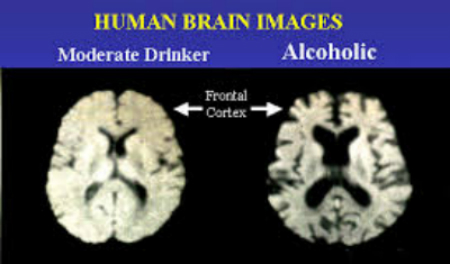A new study has recently revealed that kids living in megacities are more prone to brain damage from air pollution.
Researchers from University of Montana revealed that children living in megacities are at increased risk for brain inflammation and neurodegenerative changes, including Alzheimer’s or Parkinson’s disease.
The study found when air particulate matter and their components such as metals are inhaled or swallowed, they pass through damaged barriers, including respiratory, gastrointestinal and the blood-brain barriers and can result in long-lasting harmful effects.
Researchers compared 58 serum and cerebrospinal fluid samples from a control group living in a low-pollution city and matched them by age, gender, socioeconomic status, education and education levels achieved by their parents to 81 children living in Mexico City.
The results found that the children living in Mexico City had significantly higher serum and cerebrospinal fluid levels of autoantibodies against key tight-junction and neural proteins, as well as combustion-related metals.
The breakdown of the blood-brain barrier and the presence of autoantibodies to important brain proteins would contribute to the neuroinflammation observed in urban children and raises the question of what role air pollution plays in a 400 percent increase of MS cases in Mexico City, making it one of the main diagnoses for neurology referrals.
Once there’s a breakdown in the blood-brain barrier, not only would particulate matter enter the body but it also opens the door to harmful neurotoxins, bacteria and viruses.
While the study focused on children living in Mexico City, others living in cities where there are alarming levels of air pollution such as Los Angeles, Philadelphia-Wilmington, New York City, Salt Lake City, hicago, Tokyo, Mumbai, New Delhi or Shanghai, among others, also face major health risks. In the U.S. alone, 200 million people live in areas where pollutants such as ozone and fine particulate matter exceed the standards
Source: ani news






